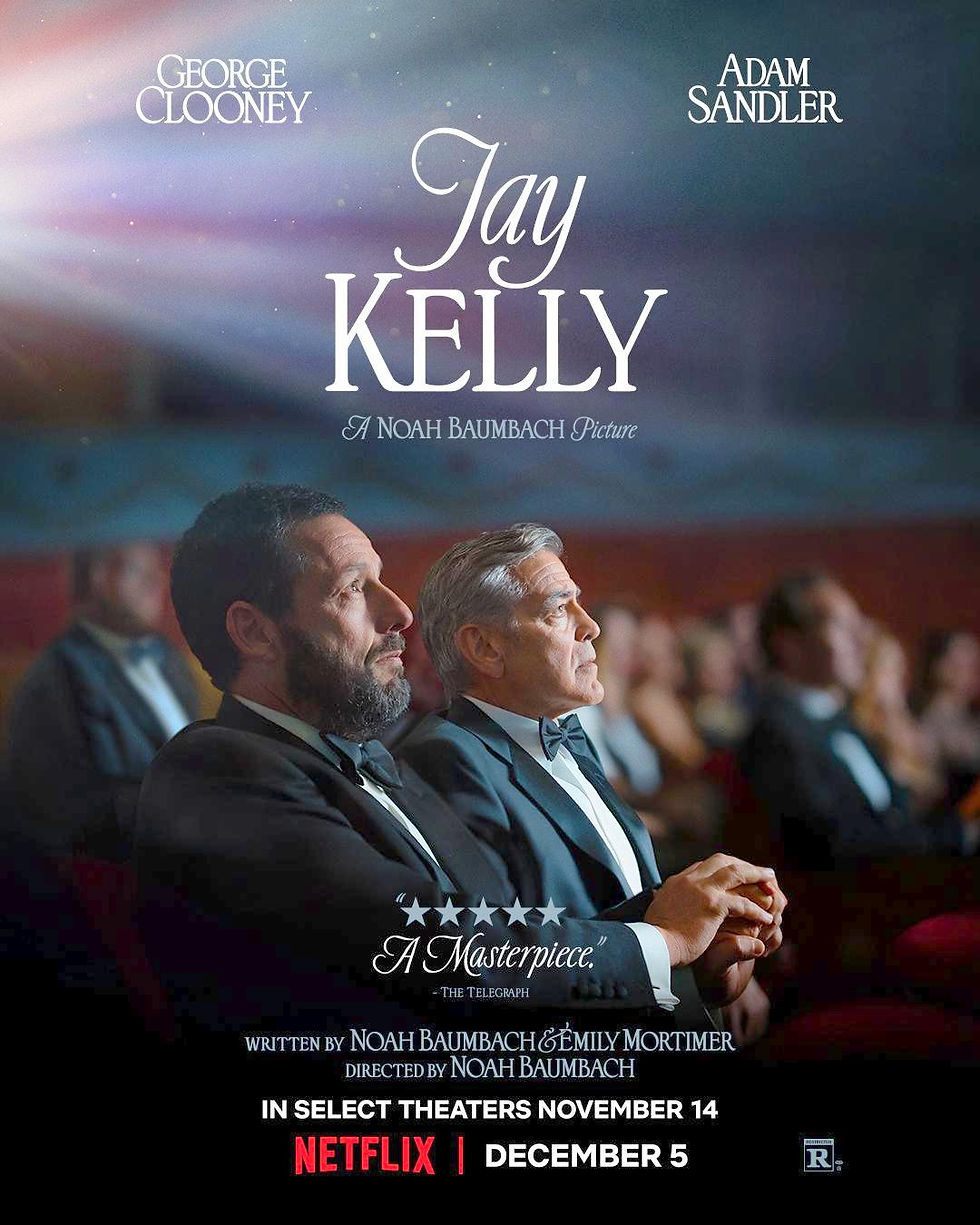Until the Birds Return (En attendant les hirondelles) ★★★
- 2filmcritics

- May 10, 2020
- 3 min read
Streaming: kanopy, realeyz; Rent or purchase: Amazon, Fandago and elsewhere. See JustWatch here.
Lessons in Stasis
“Detour,” the title of the low-budget, 1945 noir classic, is a metaphor for chance, circumstances, bad luck, and poor decision-making—that is, for the forces that can suddenly alter the trajectory of a life. There’s a detour early on in “Until the Birds Return,” and it’s a real one, through an unfamiliar Algiers neighborhood in the dead of night—and then a flat tire. What happens next isn’t without consequence, but it also isn’t what one expects. The driver, Mourad (Mohamed Djouhri), needs to confront his own inadequacy in that moment, but doing so does not change his life, nor does it serve as the expected pivot for the film.
Cinema is very much about what one expects and anticipates. As Chekhov taught us, if there’s a gun shown in an early scene, you can bet it’ll be used in a later one. But that doesn’t apply to this thoughtful, if overly long and somewhat tedious film, nominated for two 2017 Cannes awards.
It's full of stories and actions that might have consequences, but don’t.
“Birds Return” is full of stories and actions that might have consequences, but don’t: Dahman (Hassan Kechache), the groom in a late scene, goes to the men’s room (into the stall, washes hands) in the midst of the wedding dance—and nothing happens. Djalil (Mehdi Ramdani), a young and handsome professional driver, cannot resist the affections of a woman on the road to her marriage—and nothing happens. Mourad’s son, Nassim (Zineddine Hamdouche), is injured in a motorcycle accident—while riding a vehicle purchased by his father—and nothing happens. A strange argument over pomegranates—escalating into deep differences over land use—goes nowhere. An epidemic of potentially fatal food poisoning requires hospitalization, but events move on. On from an epidemic (as one hopes from the one in which we are living) or from the Algerian civil war of the 1990s (detailed in Joëlle Vitiello’s historically focused review here.)
Detours and automobile breakdowns do not matter. Life continues. Stasis reigns. Mourad asks his depressed first wife Lila (Sonia Mekkiou), Nassim’s mother, whether she wants life “to change or evolve.” “Nothing changes,” she comments, “nothing lasts.” Nassim is giving up medical school after five years; he’s going to dinner with a friend who does “nothing.” When will the “birds return”? Never.

These lessons are delivered in three stories: Mourad’s “detour” experience; Dahman’s relationship with a woman (Nadia Kaci) who claims he, like Mourad, failed to act morally, in this case years ago; and a middle story, shared by Djalil and Aïcha (Hania Amar), in which desire overwhelms better judgment and both protagonists, though in different ways. The connections between the stories either don’t exist or they’re trivial, presented in an off-hand Richard Linklater (“Slacker” [1990]) sort of way. Imagine a baton passing one story to another, except in this film it’s cars that are the transferring devices.
Director and co-writer Karim Moussaoui’s script is at times minimalist, especially as the characters drive in and outside of Algiers for hours and days, and overly wrought at others, as in Dahman’s accuser’s account of an assault and its aftermath. Again, too little talking or too much—it doesn’t matter. The soundtrack includes repeated use of Johann Sebastian Bach’s cantata, “Ich habe genug,” meaning “I am content.” Instead of contentment, the music exudes moroseness, and the characters seem anything but content.
Getting at the film’s cerebral center, and even enjoying the storytelling, requires more than a little patience.
Getting at the film’s cerebral center, and even enjoying the storytelling, requires more than a little patience, as well as tolerance of Moussaoui’s idiosyncrasies. Not only do major events have no lasting consequences; neither do minor ones. Characters in two of the stories finally intersect at a coffee bar, where they discuss cataracts and part without knowing each other. Musicians and wild dancers appear in the middle of the desert in a Bollywood scene that ends almost as quickly as it began, with nothing to follow it. The brother (Samir El Hakim) of the woman who has accused Dahman of moral failure—and a man we barely know—has tea in a café, then takes a long walk down the street, street boys behind him—and, of course, in this film he doesn’t get mugged.
That’s a lot to wade through to get the message, or messages. Some will find the effort worthwhile; they might even feel “content.” Others—like some of the characters in the film—will find themselves lacking in motivation, or just bored.
Date: 2017
Director: Karim Moussaoui
Starring: Mohamed Djouhri, Hassan Kechache, Mehdi Ramdani, Zineddine Hamdouche, Sonia Mekkiou, Hania Amar, Nadia Kaci, Samir El Hakim
Languages: Arabic, French; subtitled in English
Runtime: 113 minutes




Comments